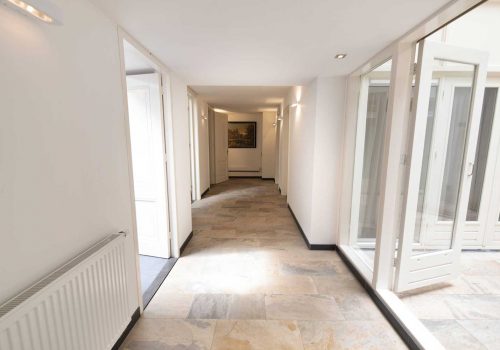rTMS costs and reimbursement
A standard treatment at Neurowave includes an intake and 20-25 sessions (45 minutes each) of rTMS with cognitive behavioural therapy. For mental health care at Neurowave, you do not have to pay any additional costs apart from the legally required own risk (EUR 385). Treatment is fully reimbursed by basic health insurance if you have therapy-resistant depression.
Please note: rTMS is not yet reimbursed for obsessive-compulsive disorder (OCD). For rTMS-treatment for OCD requires an additional charge of EUR 50 per session.
We have a contract with most health insurers. Even if we do not have a contract with your health insurer, you will not have to pay extra for treatment. To qualify for diagnostics and/or treatment, you need a referral letter.


Reimbursement rTMS intake
If no treatment follows after the intake, the intake will still be reimbursed by the health insurer. The (NZa-) rate submitted to the health insurer for the intake is usually EUR 350 (or a percentage thereof, depending on the health insurer). If more time is needed to determine whether rTMS is the right treatment option, this can amount to EUR 700 (or a percentage thereof, depending on the health insurer).
Timely cancellation/no-show rTMS treatment
Appointments can be cancelled up to 24 hours in advance and preferably by email ([email protected]). According to the guidelines of the Dutch Healthcare Authority (NZA), appointments which are not cancelled on time, are registered as a no-show. Neurowave reserves the right to bill the patient directly in this case. A standard fee of EUR 50 is used in this regard. This amount is not reimbursed by your health insurer.
Referral letter from your GP
The referral letter from your GP or psychiatrist is for “specialistische ggz” and should at least meet the following requirements:
- Date of referral (this may be up to six months before the first date of treatment)
- Name and position of the GP
- The AGB-code of your GP
- The practice’s stamp and/or the GP’s signature.
- Patient details (name and address details and date of birth)
- Indicate the mental disorder or suspicion thereof, possibly naming the disorder (DSM-V code or otherwise)
- Indicate referral to ‘specialistische GGZ’
